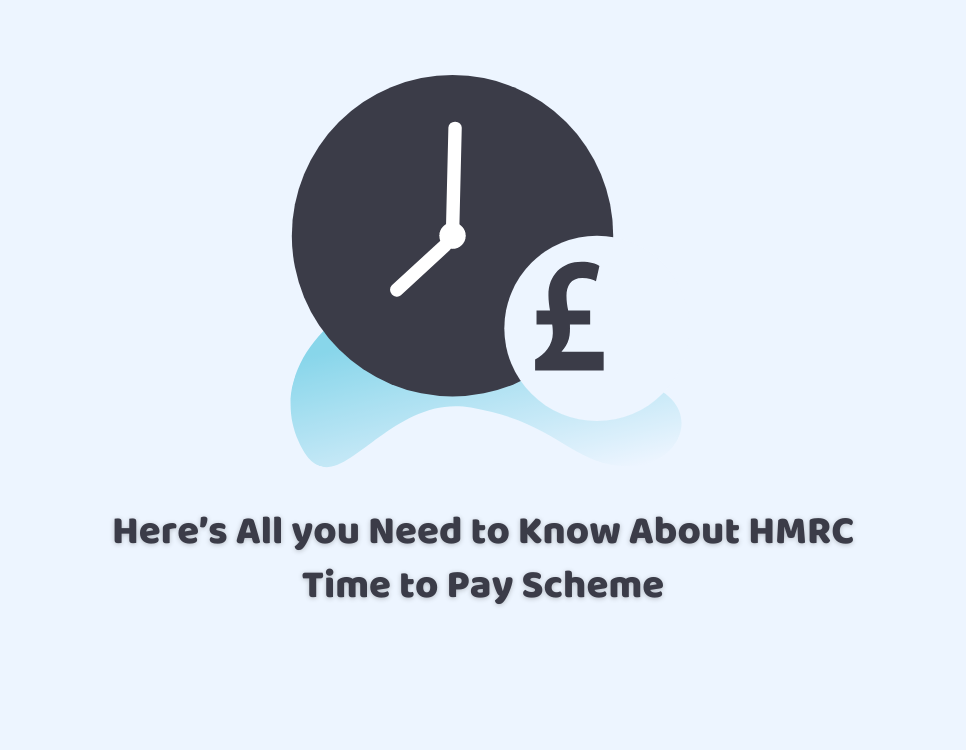02/02/2021Payroll & PAYE , Tax Issues
The Corona Virus Support Package allowed many people to defer payments of July 2020 income tax payments. They were supposed to pay these instalments by 31st January 2021. As of now, HMRC understands that due to the current economic situation, so many people are still holding off on the payments that would have been due …
Read more
